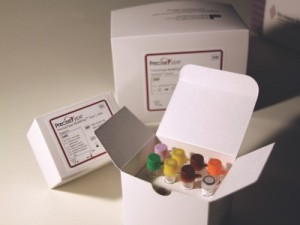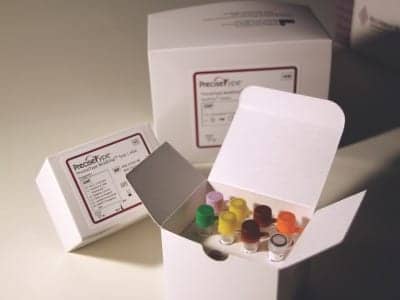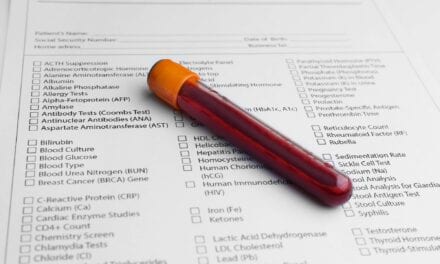This piece is a companion article to the CLP feature, “Securing the Biobank and Blood Supply.”
In June, industry association AdvaMedDx hosted a Capitol Hill briefing featuring a panel of experts on the role of diagnostics and devices in ensuring the safety of the US blood supply.
The panel affirmed that the US blood supply has never been safer for patients needing transfusions. Thanks to advanced diagnostic testing, innovative devices, and other blood safety interventions, it’s now rare that someone would ever receive hepatitis- or HIV-infected blood.
The panel noted that healthcare providers and industry want to achieve this same low level of infectious disease risk for post-transfusion adverse reactions. Such events are especially critical for patients that require frequent transfusions, including those with such genetic disorders as sickle cell disease or thalassemia, and those with certain kinds of cancer.
Patients suffering from such chronic illnesses can become highly sensitized to blood transfusions, making it difficult to find the right blood group match. While they can be matched for the two major types of blood groups, the panel said, there are more than a dozen less-common blood groups that can also be problematic.
The panelists noted that new molecular diagnostics make it possible to quickly and cost-effectively perform extended matching for donors and patients.

The PreciseType Human Erythrocyte Antigen Molecular BeadChip test, by BioArray Solutions, is the first FDA-approved molecular assay for use in determining blood compatibility for transfusion medicine.
Just a month earlier, FDA granted premarket approval for the PreciseType Human Erythrocyte Antigen Molecular BeadChip test by BioArray Solutions, Warren, NJ, an Immucor company. The test is the first FDA-approved molecular assay for use in transfusion medicine to assist in determining blood compatibility. It is designed to provide clinicians and blood banks with the detailed genetic matching information they need to reduce the risk of alloimmunization and serious hemolytic reactions among patients requiring frequent transfusions.1
According to the AdvaMedDx panel, providing patients with access to such testing would improve their prospects for faster treatment with highly matched blood and a better chance of avoiding adverse transfusion reactions.
REFERENCE
1. Yazdanbakhsh K, Ware RE, Noizat-Pirenne F. Red blood cell alloimmunization in sickle cell disease: pathophysiology, risk factors, and transfusion management. Blood. 2012;120(3):528–537; doi: 10.1182/blood-2011-11-327361.





